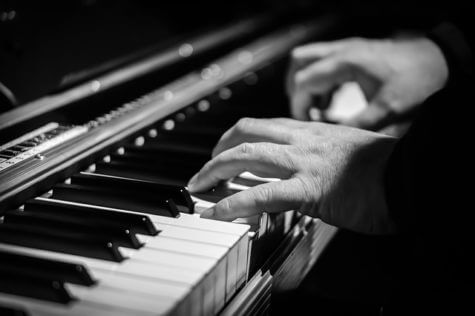LEIPZIG, Germany — The brain activity of classical and jazz musicians are wildly different, even when they play the same piece of music, a new study finds. It all depends on how the musicians were trained, and how their brains were “wired” to absorb, translate, and create music.
While the brain activity of musicians and non-musicians differs greatly, it turns out a performer’s style and approach to music produces differences between musicians themselves.

Scientists at the Max Planck Institute for Human Cognitive and Brain Sciences (MPI CBS) found that one’s abilities to produce music are embedded in a more intricate way than previously thought. The process involves a highly complex cerebral symphony, if you will, featuring many highly developed parts of the brain.
“Through this study, we unraveled how precisely the brain adapts to the demands of our surrounding environment,” says Daniela Sammler, neuroscientist at MPI CBS and leader of the study, in a news release.
The study compared 30 musicians, half classically trained, the other half trained in jazz while playing the piano. Using electroencephalography (EEG), the researchers were able to see differences in brain activity in when the musicians decided which keys to play — and how to play them. The participants viewed a video showing a hand playing a selection on the piano while making occasional mistakes in technique and harmonies, then asked to replay the same sequence.
They found the classically-trained pianists tried to play all the notes perfectly while adding individual expression. Meanwhile, jazz pianists, by instinct, tend to plan ahead, but know they must be ready for anything, to improvise and produce unexpected harmonies when adjustments are needed.
“Indeed, in the jazz pianists we found neural evidence for this flexibility in planning harmonies when playing the piano,” explains Roberta Bianco, first author of the study. “When we asked them to play a harmonically unexpected chord within a standard chord progression, their brains started to replan the actions faster than classical pianists. Accordingly, they were better able to react and continue their performance.”
Adds Sammler: “The reason could be due to the different demands these two styles pose on the musicians — be it to skillfully interpret a classical piece or to creatively improvise in jazz. Thereby, different procedures may have established in their brains while playing the piano which makes switching between the styles more difficult.”
Sammler says that this research could eventually lead to finding the common denominator in how the human brain reacts to and produces music, much like the genetic foundations for language.
The full study was published in the journal NeuroImage.

Comments
Comments are closed.